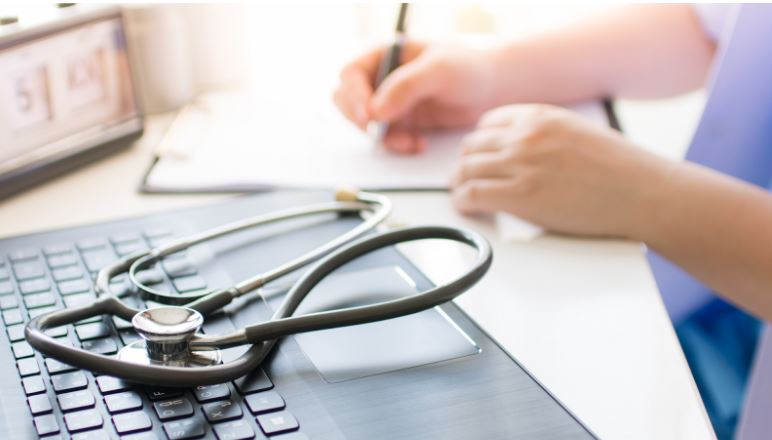
Clinical rotations are referred to the practice of medicine by aspiring medical students under the supervision and guidance of expert and experienced medical professionals and practitioners in a hospital setting. The clinical rotations are the final and most crucial phase of a medical student’s academic journey. They will finally witness their transition from a student to a medical doctor working in a clinical setting. The students must focus on the clinical rotations and plan for the specialty they desire to pursue.
To get the most out of your valuable clinical rotation, here are some of the best tips that can help you gain an excellent experience and maximum benefits.
Prepare yourself well: Keeping prepared is the key to performing well at your workplace. When you go for your rotations, you must carry a notebook to write the important points that the supervisor suggests or explains while working in a hospital setting. Try to find out the information regarding the unit you will be working on and prepare yourself accordingly. However, during the basic science program, the students are encouraged to learn things to help them in their clinical rotation years. Thus, every step of academics is valuable in a medical program.
Keep up a professional attitude: A doctor, surgeon, or physician is among the most respected professions. Thus, keeping a professional attitude can leave behind an impact that can earn you respect for the priceless service you offer. Always address your patients and peers by Mr./Miss./Mrs. and be kind and helpful towards them. Introduce yourself to the patients and tell them that you are a part of their care team. This way, you can develop your professional attitude to help you in the long run.
Participate actively: To participate actively means making sure that you are always available to help your teammates and patients. When you remain active throughout your clinical rotation, you can learn a lot because every experience will teach something valuable that you can apply in your future. Offer your supervisor help and assist them in completing the tasks. Try to be active and absorb maximum knowledge, as these can be vital in taking up the residency program.
Identify your strengths and know your weaknesses: Clinical rotations are the best time to identify your areas of strength and learn about your weaknesses. During clinical rotations, the students get an opportunity to work in a professional setting like a doctor while still being a student. Thus, you can take this as an opportunity to learn from your supervisor and seek help to develop your weak points. You can also identify the skills you have developed over the years and the skills that require your attention and practice.
Demonstrate your interest, eagerness, and appreciation for your rotation: A learning attitude goes a long way. Take clinical rotation as a chance to learn from the best medical practitioner and get yourself ready to take on the challenges that come your way. The medical aspirant must show enthusiasm in performing the rotations. It can demonstrate your interest in doing the same.
If you aspire to enter the most lucrative field of medicine, a medical course from the top-grade Caribbean medical school can be your gateway towards an industry-aligned future. Caribbean medical schools are gaining tremendous popularity because of their higher intakes and quality medical education. A medical course can shape your entire medical career. Hence, pursuing a medical program from an accredited Caribbean medical school can offer you education similar to the education of the academically leading countries.
Sign in now to submit your application and start your medical journey!
You may be interested in: 7 Mega Tips to a Successful Business You Can’t Avoid

